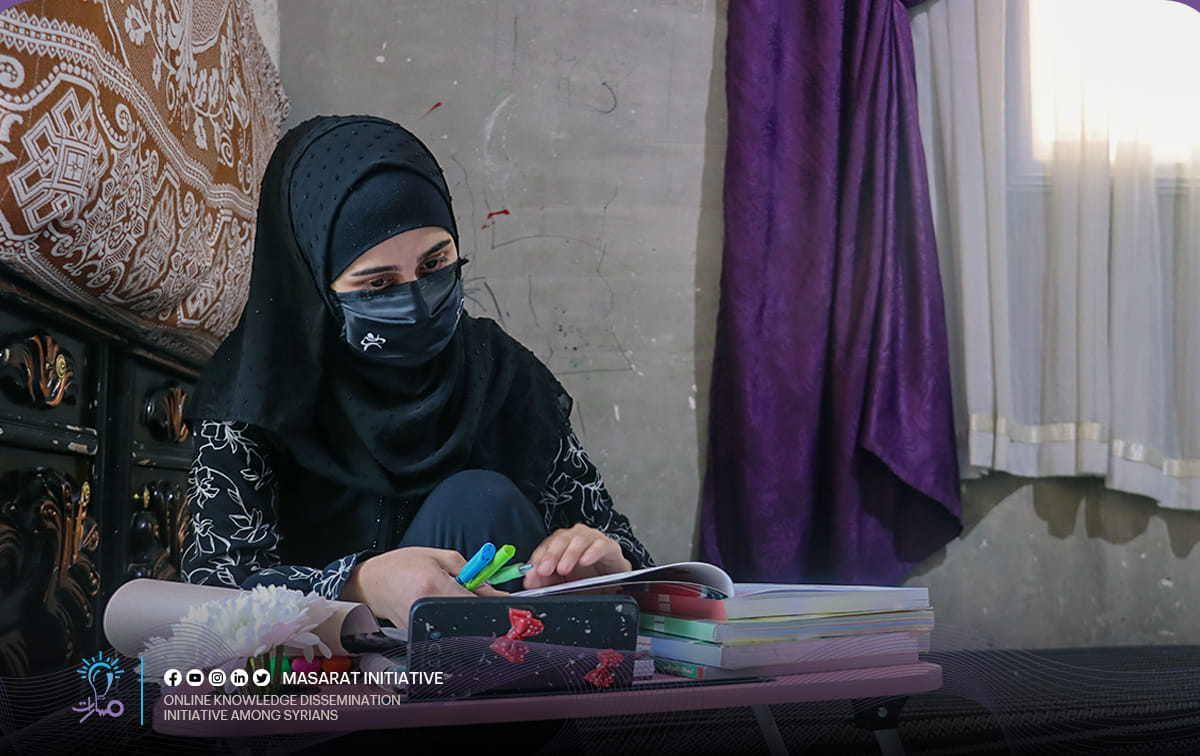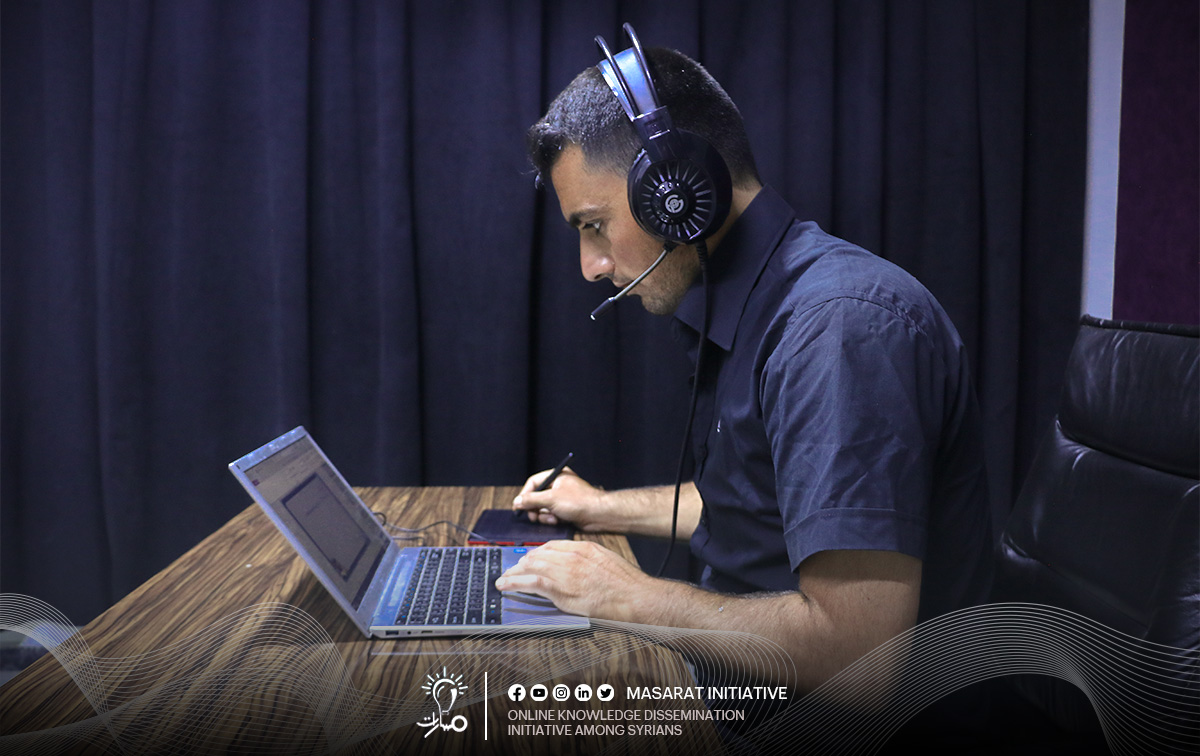The Prophet Muhammad (peace be upon him) said, “Any owner of gold or silver who does not pay what is due on it, will have sheets of fire made for him on the Day of Resurrection and these will be heated in the Fire of Hell, and his sides, his forehead, and his back will be cauterized with them.” (Sahih Muslim)
Zakat, one of the five pillars of Islam, is a form of almsgiving and religious obligation for Muslims, aimed at purifying wealth and assisting those in need.
Continuing from our previous articles, learn today about paying Zakat al-Mal in the USA, a key Islamic pillar emphasizing social responsibility and wealth purification.
Zakat payable on money in the USA
In the USA, Muslims are required to understand the specific obligations of Zakat al-Mal to fulfill this pillar of Islam correctly.
Zakat is due on various forms of wealth, and understanding these categories helps in proper calculation and payment.
Here’s a detailed explanation:
Cash and Bank Balances
This includes all liquid assets held in checking, savings, or any other deposit accounts.
If the total cash meets or exceeds the Nisab (the minimum amount of wealth), Zakat must be paid on it.
Investment Accounts
Money invested in stocks, bonds, mutual funds, and other securities are subject to Zakat.
The current market value of these investments should be calculated, and 2.5% of this value is to be paid as Zakat.
Retirement Accounts
Funds in retirement accounts like 401(k)s and IRAs require specific consideration. If the funds are accessible without significant penalties, they are subject to Zakat.
Otherwise, Zakat can be calculated on the net value after considering potential penalties and taxes for early withdrawal.
Business Assets
For business owners, Zakat is due on the net worth of the business, including inventory, receivables, and profits.
Fixed assets like machinery and buildings are usually not subject to Zakat unless they are meant for sale.
Gold and Silver
Any gold or silver owned must be included in the Zakat calculation. This applies whether the precious metals are in the form of jewelry, coins, or other items
What Money is Eligible for Zakat?
Various forms of wealth are subject to Zakat, including
Zakat on Cash
Cash held in hand or in bank accounts is subject to Zakat if it meets the Nisab and Hawl conditions.
This includes money in checking, savings, and other deposit accounts.
Zakat on Inherited Money
Inherited money is subject to Zakat once it has been in your possession for a year and meets the Nisab threshold.
If you inherit money during the year, the Hawl for that amount starts from the date of inheritance.
Zakat on retirement money
Money in retirement accounts like 401(k) or IRAs may require specific calculations. If the funds are accessible without penalties, they are subject to Zakat.
If not, the Zakat may be calculated on the current market value minus any penalties and taxes.
Zakat on Money Invested in a Business or a Bank or Stock Market
Investments, whether in businesses, banks, or stock markets, are subject to Zakat on their current market value.
For stock investments, Zakat is calculated on the market value of the stocks. For business investments, Zakat is due on the net worth of the business, including inventory and profits.
Do You Pay Zakat on All Your Money?
Not all types of money require Zakat. Understanding which assets are exempt and which ones are liable for Zakat is crucial:
Zakat on Debt Money
Money that is lent out to others is subject to Zakat if it is expected to be repaid.
If the debt is doubtful, Zakat may be delayed until the money is received
Zakat on Al-mal Haram
Money obtained through unlawful means (haram) is not purified by Zakat; it must be disposed of entirely, as it cannot be used for any charitable purposes.
Zakat on Children’s Money
Children’s wealth is subject to Zakat, but it is typically the responsibility of the guardians to pay it on their behalf.
Zakat on Money Owed to You
Money owed to you is subject to Zakat if it is expected to be repaid. This includes personal loans given to others.
Zakat on Loaned or Borrowed Money
zakat on money held loaned money is considered part of the lender’s wealth and is subject to Zakat.
Borrowed money, on the other hand, is not subject to Zakat for the borrower.
Zakat on Money Held for a Year or Less
Only money held for a lunar year (Hawl) is subject to Zakat. If the wealth has not been held for a year, it is not yet eligible for Zakat.
Zakat on Money That Does Not Growing
zakat even money that does not grow or is not intended to grow is subject to Zakat if it meets the Nisab threshold.
on money saved for a house or hajj
Money saved for significant expenditures like buying a house or going for Hajj is subject to Zakat if it meets the conditions.
Zakat on Lended Money or Given as a Loan
Money given as a loan and expected to be repaid is subject to Zakat. The lender calculates Zakat on this amount.
Conditions to pay Zakat al-mal
For Zakat to be obligatory, certain conditions must be met:
- Nisab: The wealth must meet or exceed the Nisab, the minimum amount of wealth required for Zakat to be due. The Nisab is equivalent to the value of 85 grams of gold or 595 grams of silver.
- Hawl: The wealth must have been in possession for one lunar year (354 days).
- Full Ownership: The wealth must be fully owned and free from debts.
Where Does the Money From Zakat Go To?
Zakat is distributed among eight categories of beneficiaries as specified in the Quran:
- The poor
- The needy
- Those employed to collect Zakat
- Those whose hearts are to be reconciled
- To free captives
- Those in debt
- For the cause of Allah
- The wayfarer
What is Zakat Money Used for or Not?
Zakat al-mal for masjid or madrassa construction
Zakat funds cannot be used for constructing mosques or religious schools.
However, it can support individuals working in these institutions if they qualify for Zakat.
Zakat al-mal for Al-ftar
Providing Iftar for the needy during Ramadan is an acceptable use of Zakat funds as it directly benefits those in need.
Zakat Al-mal for Education
Zakat can be used to support educational needs such as paying school fees, buying educational materials, and providing scholarships to those who qualify , And support initiatives that provide .free education to the poor
Can You Give Zakat Money to Parents?
Zakat cannot be given to one’s direct ascendants (parents) or descendants (children) as one is directly responsible for their financial well-being.
Can Animals be Given Money as Zakat?
Zakat is meant for human beneficiaries and cannot be given to animals.
Zakat Calculation on Cash Money
To calculate Zakat on cash, determine the total amount of cash held, ensure it meets the Nisab, and then calculate 2.5% of the total amount.
This includes all forms of liquid assets, including bank balances and cash in hand.
How long Should You Have Money Before Zakat is Calculated?
The wealth must be held for one lunar year (Hawl) before Zakat is due.
This means you must have possessed the wealth for 354 days continuously before Zakat is payable.
Understanding and fulfilling the obligations of Zakat is crucial for Muslims.
By adhering to these guidelines, one can ensure that their wealth is purified and that they are fulfilling an essential pillar of Islam.
Masarat Initiative for Online Education in Northern Syria
Refugees and displaced individuals struggle with a lack of essential resources and face enormous challenges in accessing quality education. They live in environments where education may seem like a distant dream, but with your support, these dreams can be turned into reality.
By donating your Zakat, you ignite the light of knowledge in the hearts of refugee children, displaced individuals, orphans, and those with special needs. Be the reason to change the course of their lives and involve them in a bright future.
From this standpoint, the Masarat initiative invites you to donate to support our diverse educational programs, which include:
School Education: Ensuring that refugee students, orphans, and those with special needs complete their basic educational stages and advance to university and higher education.
Student Activities: Strengthening and developing soft skills of beneficiaries through various programs that encourage creativity and interaction.
Academic Advising : students’ inclinations and guiding them towards career and academic paths that match their abilities and aspirations.
Vocational Training: Equipping beneficiaries to enter the job market, especially in fields that offer remote work opportunities
Psychological and Technical Support:
Providing necessary support to ensure the continuity of education under favorable conditions, in addition to periodic monitoring by the student affairs department to ensure educational goals are achieved.
Your support for the Masarat initiative represents an opportunity to build an educated generation capable of facing challenges.









